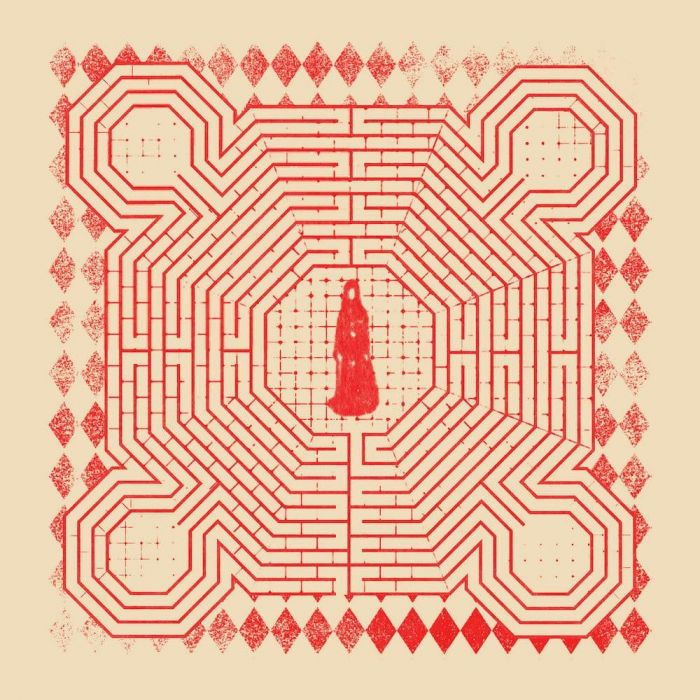Everything Is Alive by Slowdive (Review)

Despite its upbeat and optimistic-sounding title, Slowdive’s fifth full-length — their first after 2017’s triumphant self-titled return — is an often subdued affair. Which is not to say that the legendary shoegazers are trying to be ironic, clever, or anything else so petty and clichéd.
Given that it took shape in the wake of death and new life — Everything Is Alive is dedicated to singer/guitarist Rachel Goswell’s mother and drummer Simon Scott’s father (who both died in 2020) and one song was written just days after frontman Neil Halstead’s son was born — it’s more accurate to say that Slowdive’s latest is reflective and self-assured. It’s the sort of album that only shoegazers squarely in their fifties could record… and I mean that in the best way possible.
What is ironic, perhaps, is that Everything Is Alive sounds a bit unlike anything else Slowdive has done to date. To be sure, it’s replete with enough shimmering guitars for ten other bands, and Halstead and Goswell’s vocal pairing is as lovely as ever. But Halstead originally envisioned the album as a “minimal electronic record” following his experiments with modular synths. Not surprisingly then, electronic flourishes lace the gorgeous opening track “Shanty” — but so do chiming dulcimer tones, which are an unexpected but welcome addition to the band’s palette.
The instrumental “Prayer Remembered” proceeds with the sort of stately grace that’s typically associated with Sigur Rós (who owe a significant debt to Slowdive themselves) while “Andalucia Plays” unfolds at a muted pace thanks to rain-ringed Cure-like synths and Halstead’s hushed voice waxing nostalgic about a lover (“You are my angel/Wearing your favorite shirt/French cloth and polka-dot”).
Subsequently, Everything Is Alive is the band’s most nakedly emotional and direct album, due no doubt to the aforementioned life experiences. Like many shoegazers, Slowdive’s early material often relied on abstract lyrics that may have been nonsensical but nevertheless sounded awesome, even profound, when buried beneath a dozen layers of effects-draped guitars. “Alife” doesn’t go into great detail, but when Goswell sighs “Two lives are hard lives with you” and Halstead responds “Hey, just look at us now/Time made fools of us all/We look, but we don’t understand/We try, but we don’t look around” in a world weary baritone, it’s hard not to feel the emotional heft.
Everything Is Alive comes most alive (npi) in its final moments. The aptly titled “The Slab” ends the album with giant, well, slabs of sound both synthesizer and guitar-based. It’s the album’s Slowdive-iest song, the one that most clearly hearkens back to early swirly masterpieces like “She Calls” and “Primal.” Naturally, the vocals and lyrics are buried beneath layers of sound, leaving things open to interpretation. But at this point in the album, Halstead, Goswell, et al., have earned the right to a little ambiguity. Their voices don’t need to be intelligible for the music to still be beautiful.
I’m hesitant to call Everything Is Alive the band’s most meaningful album to date, simply because all of Slowdive’s music has been so incredibly meaningful to me for decades now. But its pairing of introspective lyrics with some new and evolved sonics leads to a quality of reflection that does feel unique in the band’s catalog.
Slowdive have no need to prove anything to anyone in this, the year of our Lord 2023; they’ve outlasted many of their critics and even some of the bands that replaced them in the cultural zeitgeist. But Everything Is Alive isn’t the sound of a band just resting on their laurels. Rather, it’s the sound of a band so comfortable with a genre they perfected decades ago that they can now explore it in different ways and, when necessary, distill it more than ever.